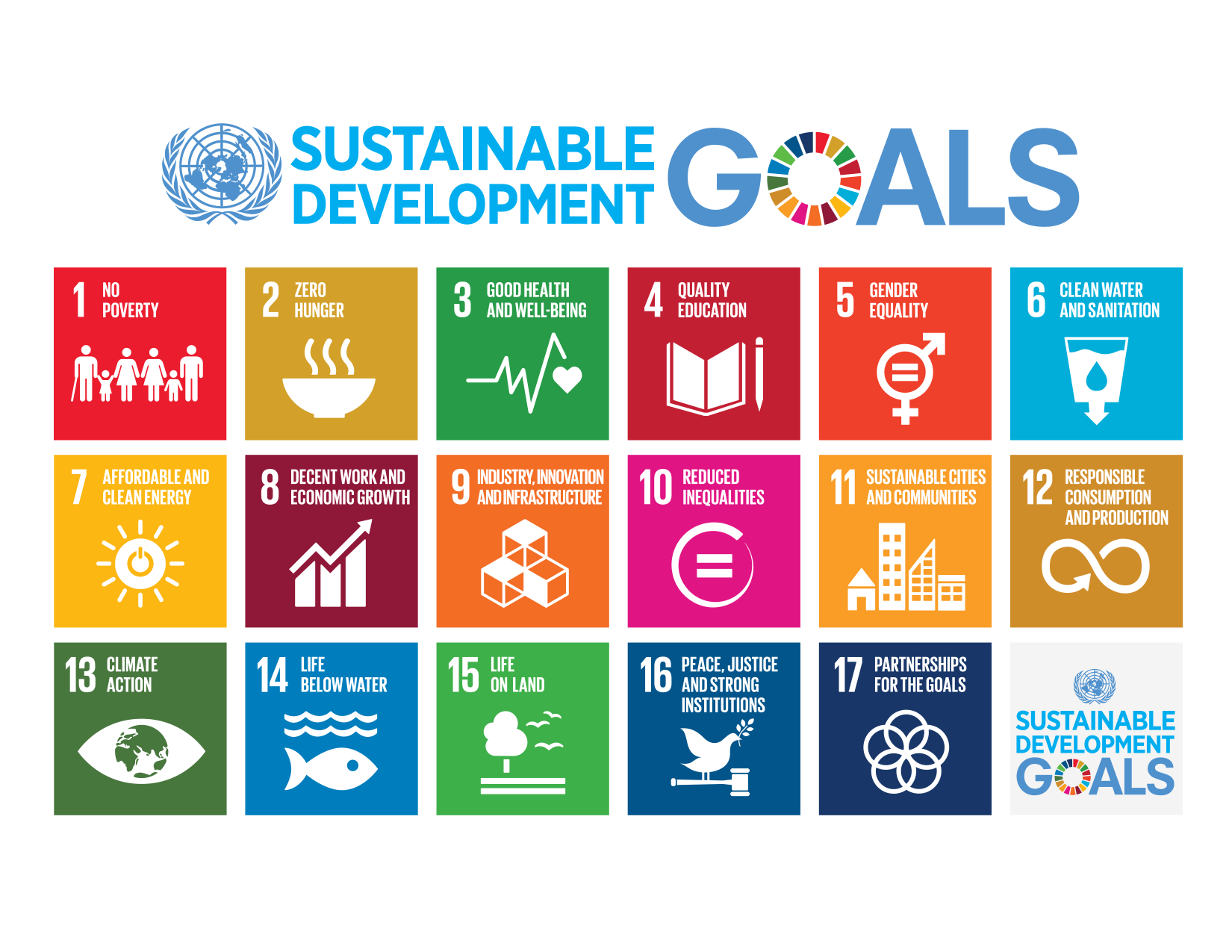Sustainable Development Goals (SDGs) or Global Goals is the United Nation’s global program. This universal call is for the eradication of the poverty, protecting the planet and ensuring peace & prosperity in the world by the year 2030. These goals are inter-woven hence their success depends on the comprehensive success of all the goals.
For this noble cause, big companies and organizations from across the world are participating. Their numbers are rapidly on the rise. Still, there are some companies that are desperately required to come on board. With their far superior capabilities, they can fast track this global program. Big Data is one to mention here.
Big Data
Big Data means the big volume of data collected on the day to day business operations. Big Data can be evaluated for perceptions that helps form new strategies and winning decisions. Using Data to handle different Sustainable Development Goals, it can help measure public and private sectors’ performances. Also, Data helps the decision makers to formulate new policies and strategies to see that the timebound SDG program is right on the target.
Sharing Big Data for a good cause has some challenges for the companies too, as they are apprehensive about its use by others.
There are many different data-driven approaches that can be taken into account with regards to the 17 Sustainable Development Goals as below:
So, what are those challenges or the hurdles for the big companies?
Big Data & Big Challenges
- Privacy and Data security– Practically, a small percentage of data is only utilized from the reservoir of data by the companies. Still, the companies are not sure what would happen to their data once analyzed and used by others. Will it be secure and safe when data feeding is regularly required? The questions remain unanswered.
- Legal issues– Most of the companies have the data of their customers, legally they are not sure if this is permissible or not. Moreover, the Data protection laws pose challenging situations for the companies.
- Corporate Image– The corporates and big houses fear public outrage and reaction when there is a data breach and is no more the sole property of the company.
- Big Data a big strength– The big companies always knew the strength of having Big Data. Now more of them joining the league. They are not happy to share the data, no matter how big the cause is.
- Afraid of misuse– They fear that their competitors might lay their hands on the data and misuse it.
- Cannibalization– Loss of business is on the back of minds of corporates. They fear the drop in their sales volume, although sharing their data for the good social cause. They feel sharing data might jeopardize their business.
The belief till now has been that Big Data is shared for the social cause by the companies. Termed ‘Data Philanthropy’ it interprets the free transfer of data for the benefit of the people. Big Data is the guarantee for the success of SDG and achievement of global goals. However, Big Data should now have a ‘price tag’, so the companies should not mind sharing it. This arrangement should benefit both the program and Big Data companies. Time is ripe for making some business models, where big groups can invest and benefit from it. In lieu of the Big Data of course, that goes without saying.
Here at John Snow Labs we believe Data Philanthropy will be the next revolution in social impact and we support any project that will have a positive impact in the world. So don’t wait too long and feel free to get in touch with us at ida@johnsnowlabs.com to discuss your project further.
As we navigate the complexities of utilizing big data for social good, the potential of Generative AI in Healthcare stands out, offering innovative solutions to pressing health challenges. Moreover, implementing a Healthcare Chatbot can improve accessibility and communication for underserved populations, ensuring they receive the support they need. Exploring these technologies further reveals how they can enhance community well-being and address systemic issues in healthcare delivery.






























